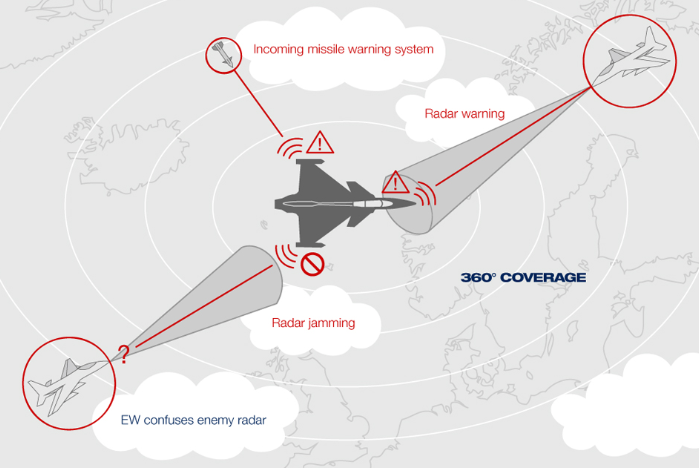How One Man And His Friends Are Walking For Literacy
- Steve Ogah
- World News
- Africa
- Literature
- August 23, 2022
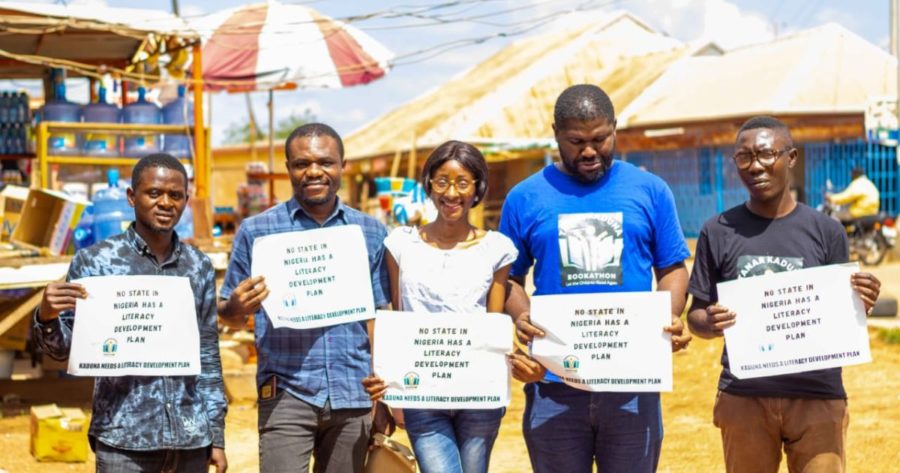
How One Man And His Friends Are Walking For Literacy
On 8 September 2021, Namse Udosen woke up to a morning attended by a mood of trepidation. The day harbored the unknown. A few days back, he shared an innovative idea with some of his friends and associates, and they planned to go for a walk. But now, he had his doubts. This themed walk was no ordinary exercise or the sort that athletes are used to performing. Instead, it was a walk for the love of education and books, what he had termed “a literacy walk.” The plan triggered bouts of fear because he had no idea how the exercise would turn out. Would they be booed and chased away? Would people join them in the walk he had designed to awaken interests in literacy? He had many questions troubling his mind, but world literacy day was taking place, and he would take a walk. No man, or woman, except a force majeure, would stop him from doing what he had in mind.
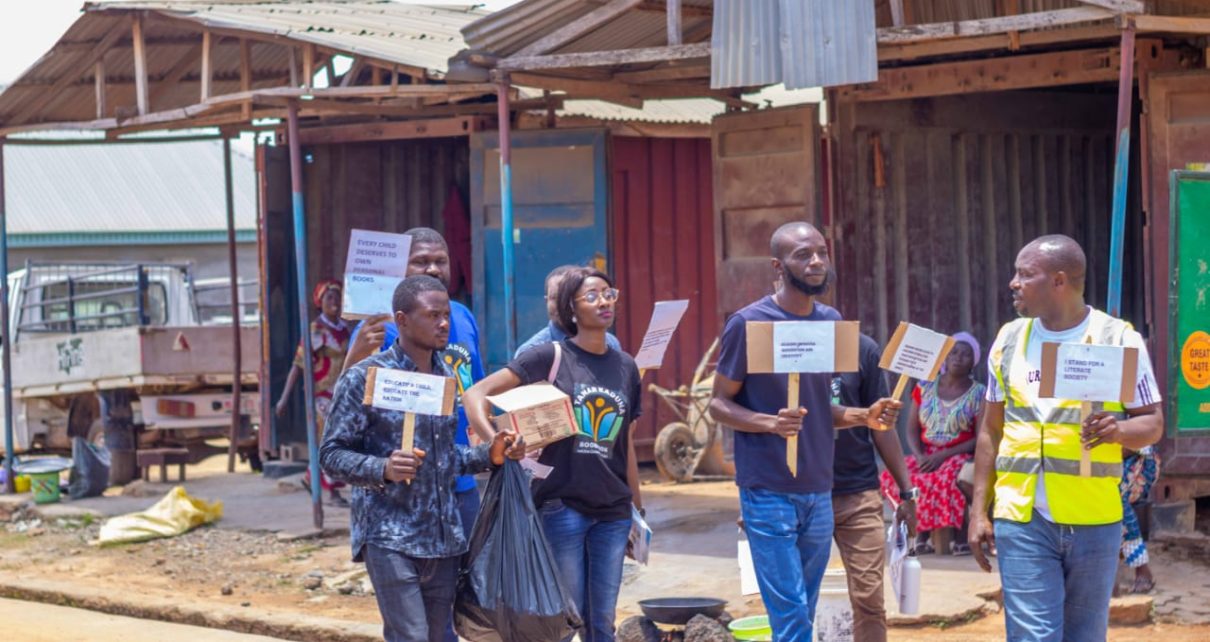
Namse Peter Udosen has an abiding passion for books and education. He has demonstrated this commitment through his writings and the vehicle of his Tanar educational consultancy, a literary mediation project that wants children to be well-read. Against this backdrop, he convinced Ayambalitcast to donate books, the broadcaster, and writer, Baboshiya Asake to donate candies for kids, Richard Dambo of SDGs initiative, and Asmau Boyi of HMS school Kaduna to also key into his literacy walk around Kaduna in Northern Nigeria.
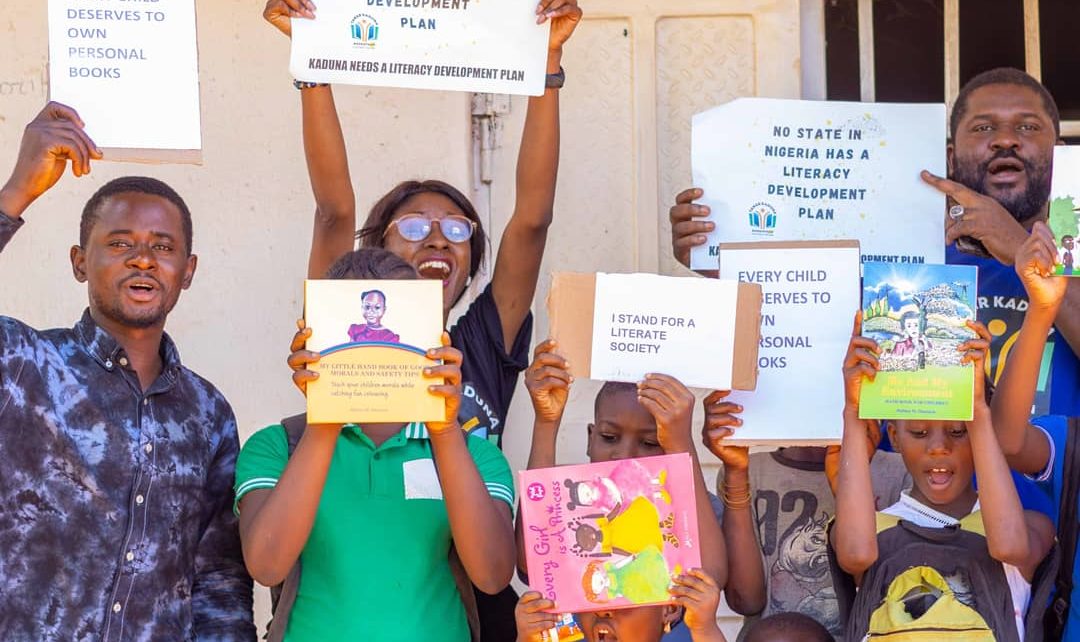
From Narayi to Karji junction, his team of literacy walkers took familiar routes in Chikun Local government area of Kaduna state. The group stopped at some points to pass messages about the importance of books and literacy. They encouraged artisans, small business owners, kids, and anyone who cared to listen to them and read the placards they had made for the walk. And how were they received as they went about the book drive and community engagement?
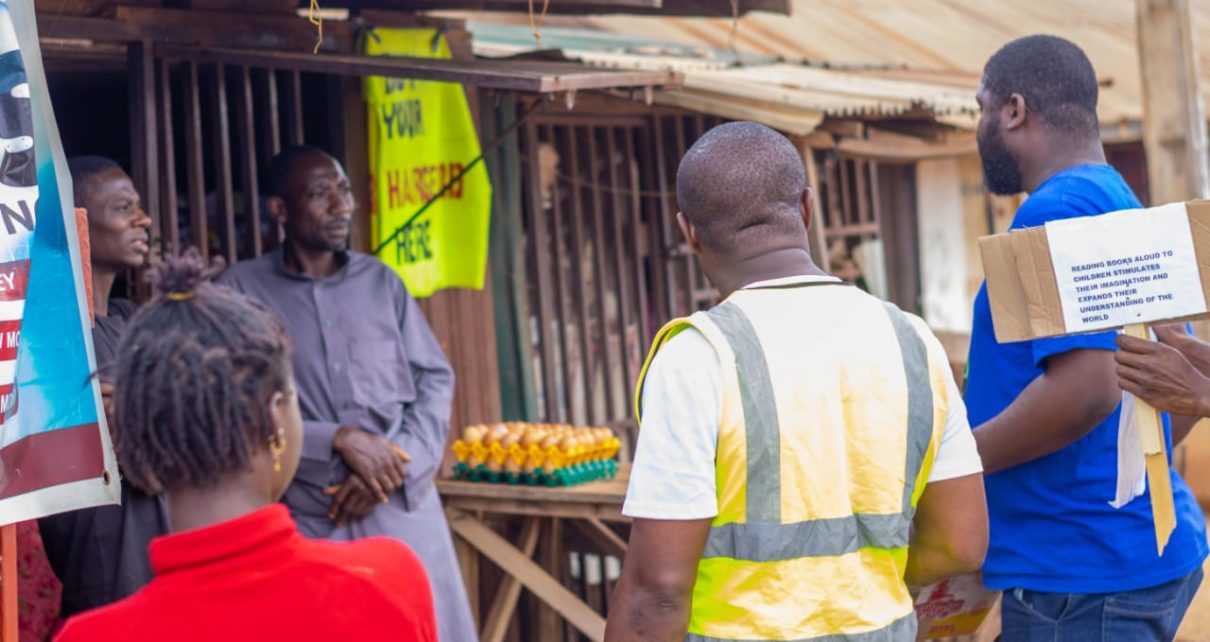
“We had a mixed reception,” the leader of the literacy walkers says. “The children were excited and willing to take part in the activities we planned for them. But the adults were skeptical.” And why was this so?
“They had the impression that we were collecting funds from government agencies and not doling them out. But this wasn’t the case. Some leaders in the community queried us for not dropping by with inducements or gifts before giving books to the children.”
Namse says the reception was encouraging but not satisfying. He notes “a renewal of reading culture among children” in their visited areas. The high point for him was literacy registration. He says: “We had some elderly women enrolled in adult education classes. We were glad we had achieved that and wish to see more people embrace education, regardless of their age or status in society. It was heart-warming to see the women in classes.”
Buoyed by the modest success of last year’s walk, Namse and his band of literacy walkers are at it again. He states, “I really want to do something to impact the grassroots, just as we did the last time.” He laments the lack of impact from most projects. “The government and most NGOs do things at the top, and the effects don’t trickle down most times; the local folks are unaware of some of these things they do.”
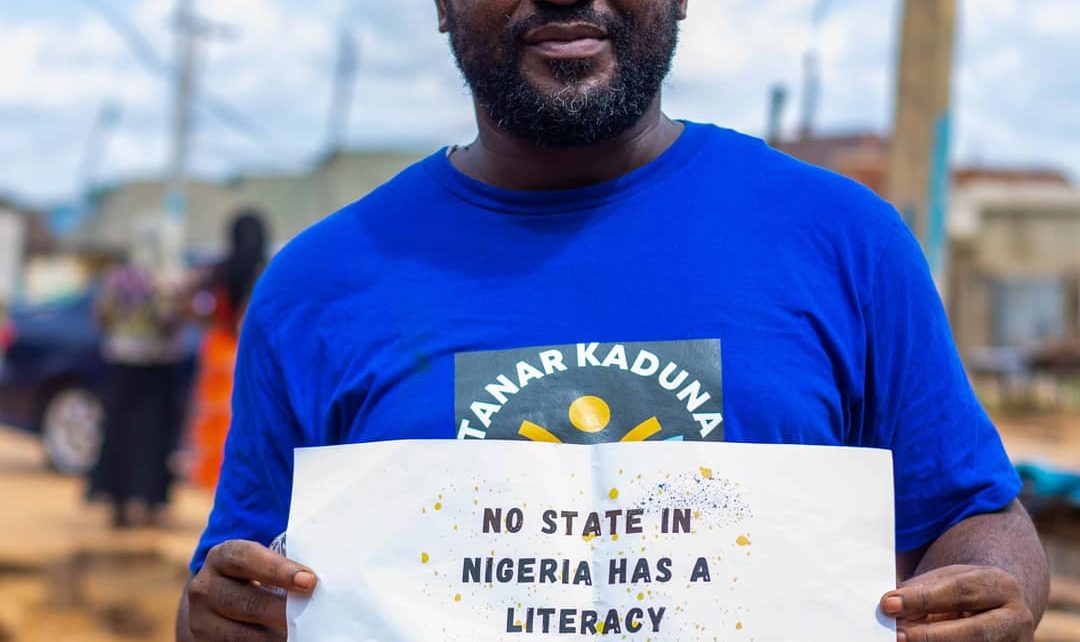
This year’s international literary day is scheduled for 8 September, focusing on “transforming literacy learning spaces.” Tanar educational consultancy and friends are gearing up to key into UNESCO’s global activities to drive interest in learning. He shares the United Nations Educational Scientific and Cultural Organization’s ideals. He reveals that “we need volunteers, book donations, and all the help we can get to make this year’s literacy walk a success.” Last year’s walk was challenging and rewarding, but the initiative can achieve more, Namse says. He adds, “we want to do better than we did in 2021, and we believe it can always get better. We hope to get more parents to understand the importance of creating reading environments for their kids. Hopefully, we will raise more awareness on the significance of books to learning.” It is hoped that literacy learning spaces get a significant makeover globally; otherwise, those for whom learning is tailored may not fully realize the effects of education.


